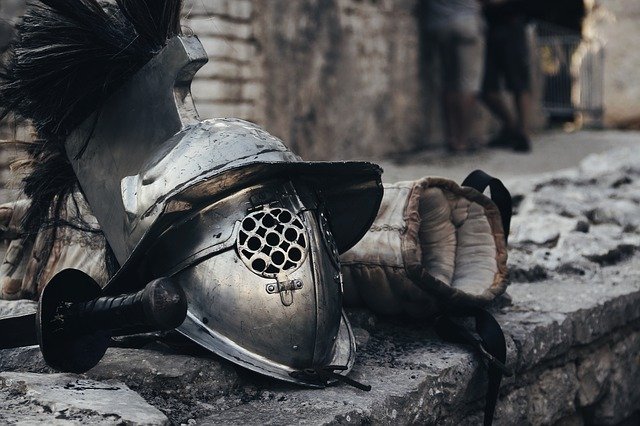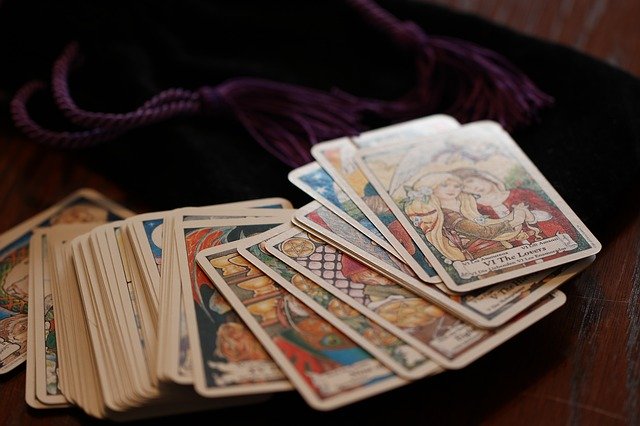Walk the long gallery of the past, of empires and kingdoms succeeding each other without number. And you can also see the future, for surely it will be exactly the same, unable to deviate from the present rhythm. It’s all one whether we’ve experienced forty years or an aeon. What more is there to see?”
Marcus Aurelius, Meditations, 7.49
In China, the Zhou dynasty ruled for nearly eight centuries, but Death came to the era in the guise of the Warring States period.
Rome, as an idea and empirical infrastructure, lasted for half a millennia… the republic just under that.
Jonathan, the world’s oldest living animal (giant tortoise), is living on borrowed time as the life expectancy for other members of his species is around 150 years. At present, Jonathan is 183.
The longest human life on record was 122 years, 164 days, and on average, we only make it to about seventy-eight, or so.
No matter the length, style, uniqueness, or cultural influences of the life-song, the last few measures sound similar…
… and they all end the same. Death.
If life is a song, then just like playing music, if we’re worried about how the song is going to end, we won’t be able to be present in the moment, creating the best tune possible. Death is the same. We know it’s coming, AND we have to be present in the moment to have the best opportunities possible.
(See y’all tomorrow)







 RSS Feed
RSS Feed
